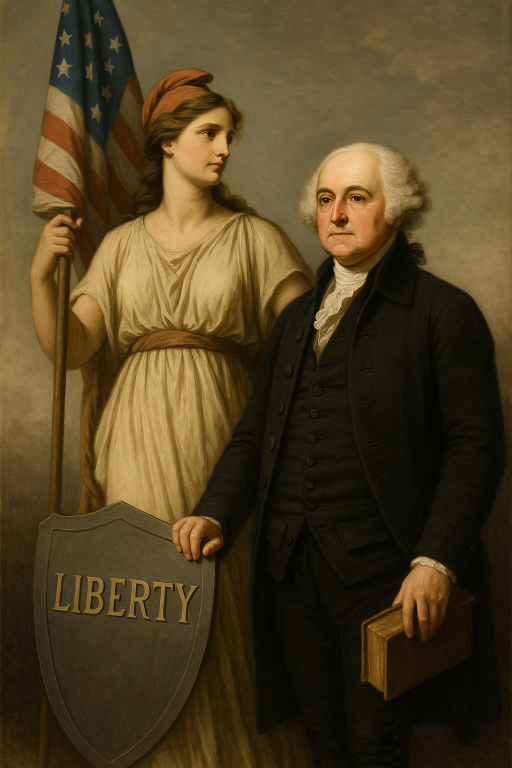Virtual Reading Groups
Would you like to join interesting people and have interesting conversations based on readings from the history of liberty?
Free Participation! | Powered by Zoom
Our Virtual Reading Groups will each focus on a particular topic, and a common set of readings will form the basis for our discussions. Each group is facilitated by a professional moderator and is conducted online powered by Zoom.
Our Timeless Reading Groups are asynchronous and open to all in the Portal platform. Liberty Fund solicits a scholar to lead a discussion of a short story and/or essays that each participant will read and discuss. This format doesn’t require participants to use Zoom or “schedule” a specific time to participate.
Participation is offered at no-cost, and there is no need to be an expert on the topic for discussion! The only requirement is that participants be eager to read and engage in conversation.
Upcoming
Edmund Burke and the Moral Imagination
–
Edmund Burke (1729-1797) was one of the all-time greats of what we might call the Celtic Enlightenment (along with Adam Smith and David Hume), and he is almost always regarded as the founder of modern conservatism, though he was…
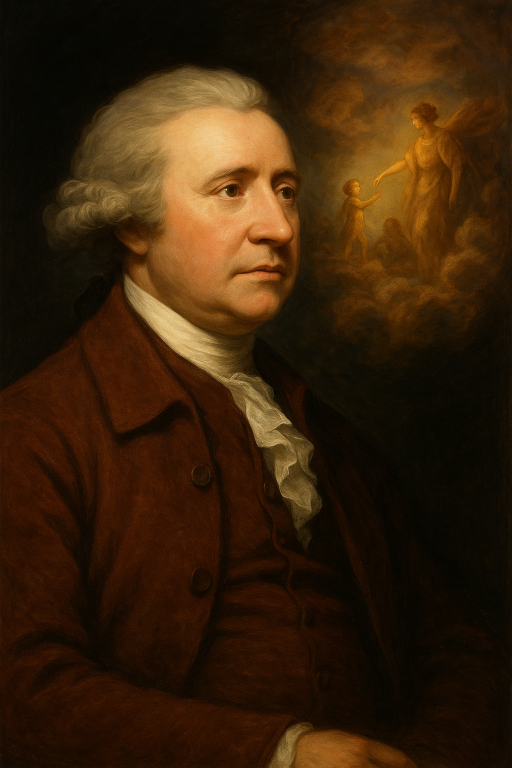
Robert Penn Warren on Responsibility in Literature and History
–
Robert Penn Warren, the only writer to win Pulitzer Prizes in both Fiction (All the King’s Men, 1947) and Poetry (Promises, 1958; Now and Then, 1979), was also a noted literary and social critic. This VRG will sample his work…

One Fell Swoop: Reading All of Shakespeare Plays: The Merry Wives of Windsor
–
Pre-registration is required.
Theatrical tradition (probably spurious) has it that Shakespeare wrote The Merry Wives of Windsor in response to Queen Elizabeth’s demand to see a play with Falstaff in love. If it is true, how well do we think he succeeded? Is…
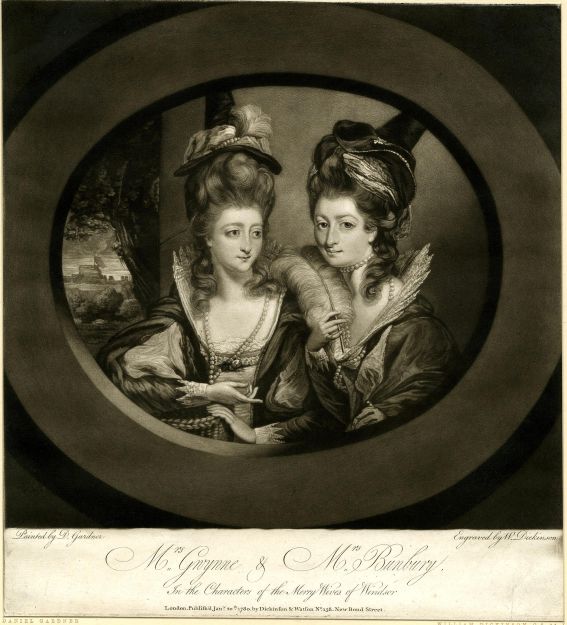
Legacy in Marilynne Robinson's Gilead
–
Pre-registration is required.
Set in the fictional town of Gilead, Iowa in the 1950s, Marilynne Robinson’s Gilead is an epistolary novel consisting of a 76-year-old Congregationalist pastor’s remembrances for his 7-year-old son. Knowing that the boy is not…
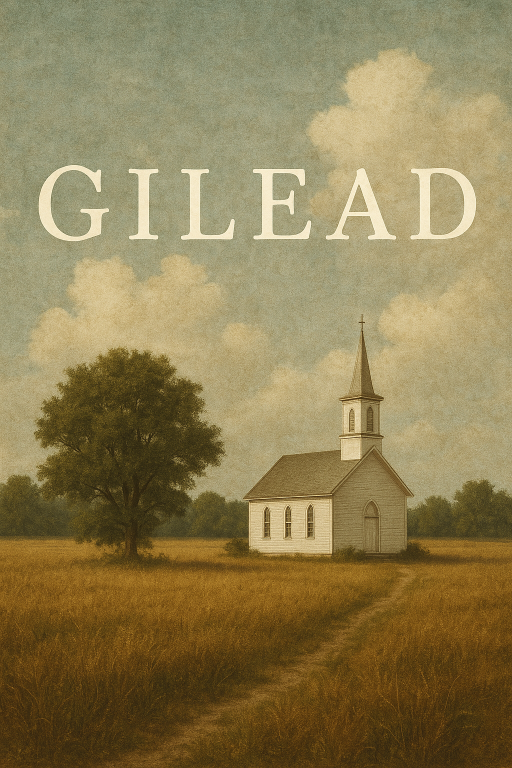
Jonathan Swift's Gulliver's Travels at 300
–
Pre-registration is required.
Jonathan Swift’s Gulliver’s Travels is generally considered a satire: a work that exposes foibles and vices with the goal of reform. In The Battle of the Books, Swift observes, “Satire is a sort of glass wherein beholders do…
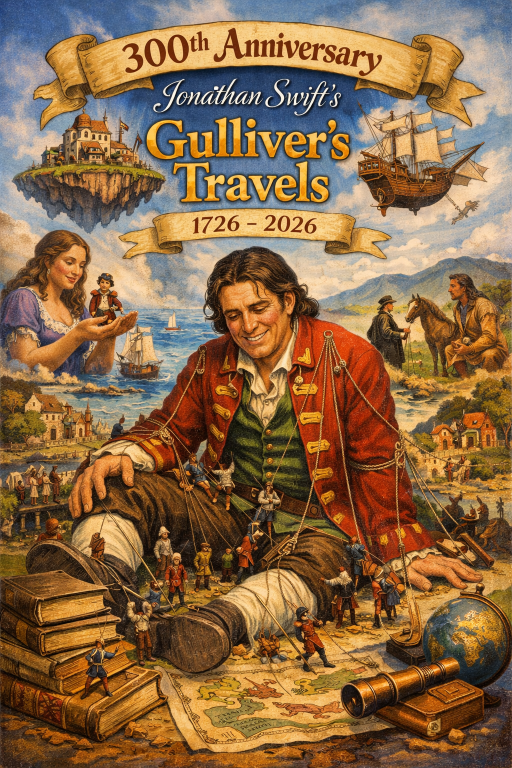
Wealth of Nations: A Six-Part Series - Book One
–
Pre-registration is required.
Join us for a six-part monthly virtual reading group series that celebrates the 250th anniversary of Adam Smith’s An Inquiry into the Nature and Causes of the Wealth of Nations!
Each month, Sarah Skwire and Janet Bufton (creators…
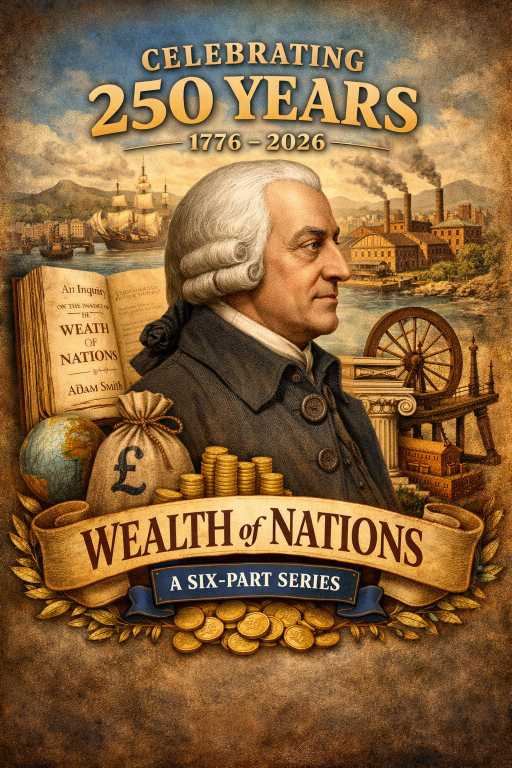
Liberty and Women's Suffrage
–
This VRG will examine the arguments for and the long struggle for women’s right to vote in the United States. In the aftermath of the successful conclusion, in the form of the 19th Amendment, another constitutional change was…
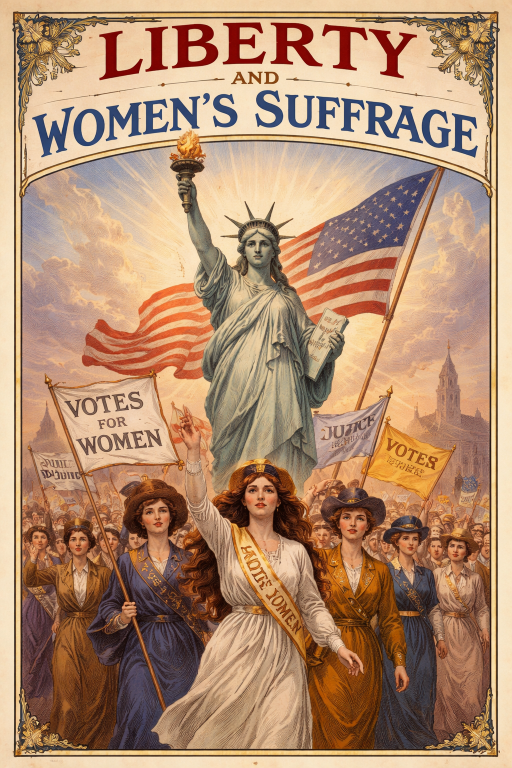
One Fell Swoop: Reading All of Shakespeare Plays: Troilus and Cressida
–
Pre-registration is required.
Troilus and Cressida sits uneasily somewhere between comedy and tragedy. The tale of young lovers, set against the backdrop of the Trojan War is often driven by satire and humor, but the play’s end is unsettlingly dark. Can we…
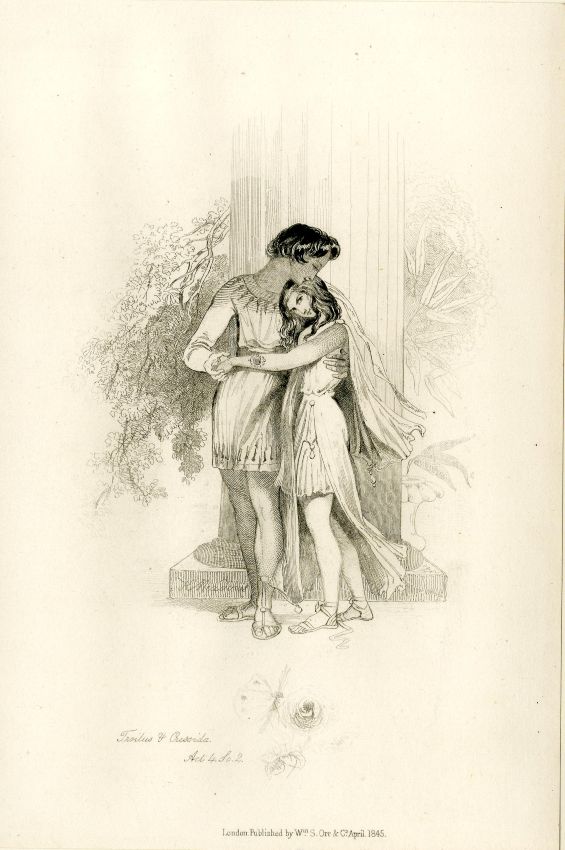
Liberty and the American Statesman: Thomas Paine
–
Pre-registration is required.
Certainly among the most important persons of the revolutionary era of the late eighteenth-century, Thomas Paine’s role in the shaping of world events from the American to the French revolutions demands close consideration. What…
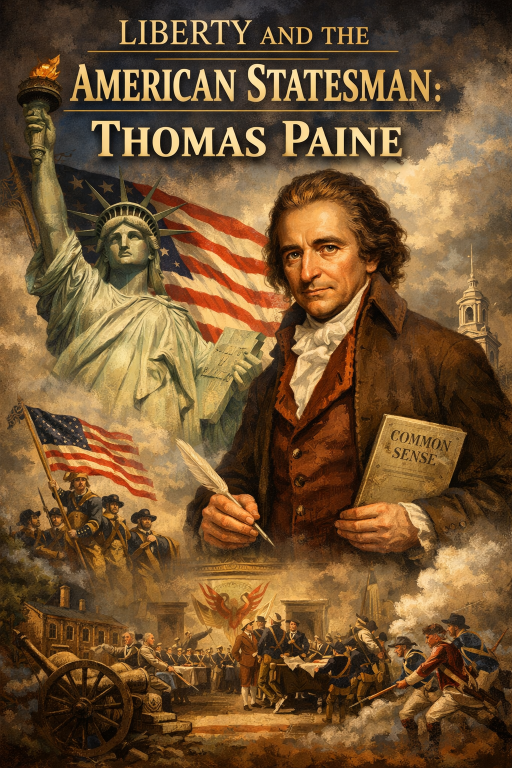
The Federalist Papers and the Debate on the Constitution
–
Pre-registration is required.
The Federalist played a role in the ratification debate of 1787-1788 and its 85 essays have long been seen as providing essential commentary on, and explanation of, the Constitution. Though written by Federalist partisans with…
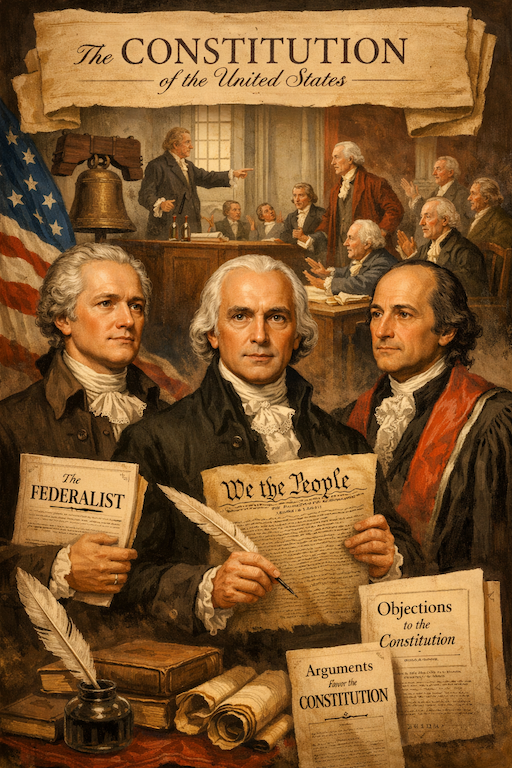
Spontaneous Orders in Antiquity
–
Pre-registration is required.
Spontaneous order is a central feature of classical liberal thought, especially Friedrich Hayek, and is often taken to be a key dimension of both liberal societies and market-based economies. Yet classical political thought…
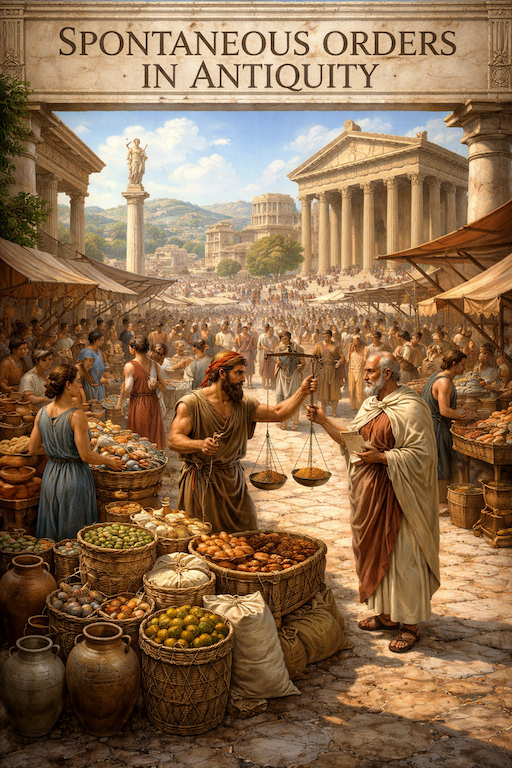
Wealth of Nations: A Six-Part Series - Book Two
–
Pre-registration is required.
Join us for a six-part monthly virtual reading group series that celebrates the 250th anniversary of Adam Smith’s An Inquiry into the Nature and Causes of the Wealth of Nations!
Each month, Sarah Skwire and Janet Bufton (creators…

Wealth of Nations: A Six-Part Series - Book Three
–
Pre-registration is required.
Join us for a six-part monthly virtual reading group series that celebrates the 250th anniversary of Adam Smith’s An Inquiry into the Nature and Causes of the Wealth of Nations!
Each month, Sarah Skwire and Janet Bufton (creators…

Wealth of Nations: A Six-Part Series - Book Four
–
Pre-registration is required.
Join us for a six-part monthly virtual reading group series that celebrates the 250th anniversary of Adam Smith’s An Inquiry into the Nature and Causes of the Wealth of Nations!
Each month, Sarah Skwire and Janet Bufton (creators…

Wealth of Nations: A Six-Part Series - Book Five Part One
–
Pre-registration is required.
Join us for a six-part monthly virtual reading group series that celebrates the 250th anniversary of Adam Smith’s An Inquiry into the Nature and Causes of the Wealth of Nations!
Each month, Sarah Skwire and Janet Bufton (creators…

Wealth of Nations: A Six-Part Series - Book Five Part Two
–
Pre-registration is required.
Join us for a six-part monthly virtual reading group series that celebrates the 250th anniversary of Adam Smith’s An Inquiry into the Nature and Causes of the Wealth of Nations!
Each month, Sarah Skwire and Janet Bufton (creators…

Past Sessions
Liberty and the American Statesman: John Marshall
–
This VRG introduces John Marshall, the longest-serving Chief Justice of the Supreme Court (1801–1835), whose career began as a Virginia minuteman under George Washington and later as a delegate to the Virginia Ratifying…
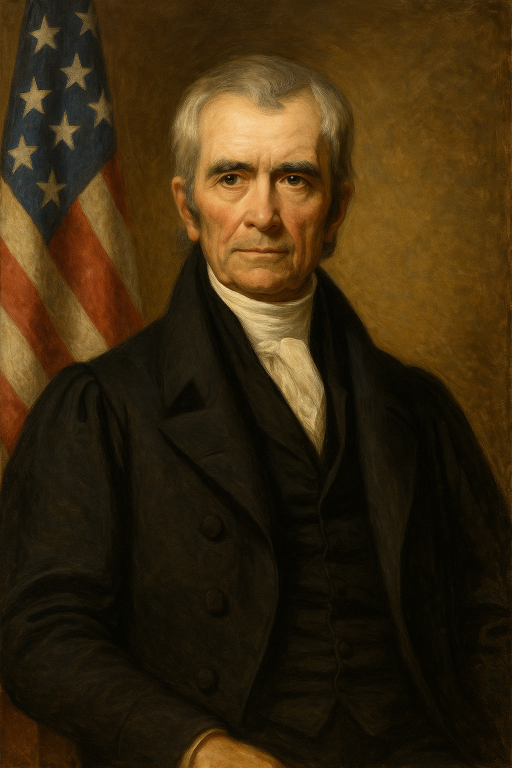
One Fell Swoop: Reading All of Shakespeare Plays: King Lear
–
Shakespeare’s King Lear may be his greatest tragedy. It presents a dark picture of aging, of an uncaring universe, and the dangers of an unstable king struggling to understand his own power. Consider this session an “appetizer”…
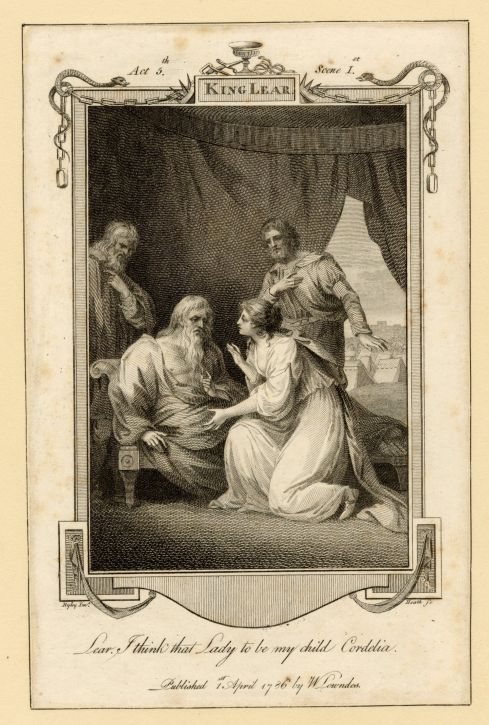
Tom Wolfe: The Roots of Our Discontents
–
Tom Wolfe was arguably the most perceptive commentator on American Society in the late 20th century. In 1982, he collected a number of his observations, all written in his inimitable prose style, about the previous 20 years in…
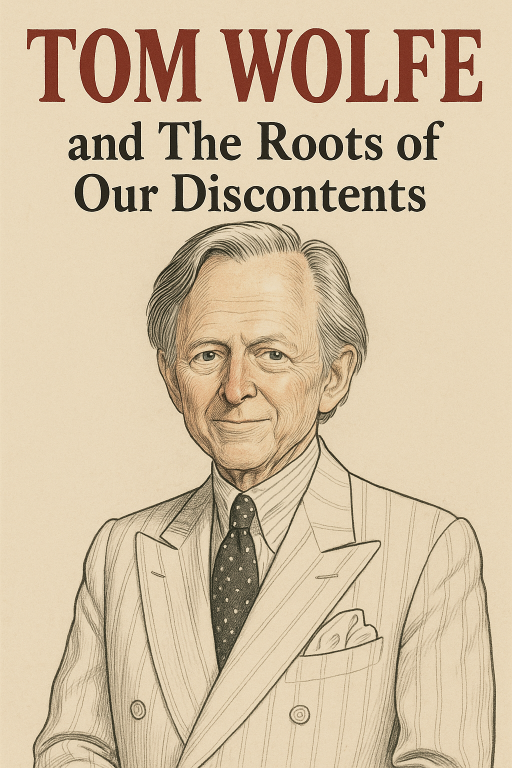
One Fell Swoop: Reading All of Shakespeare Plays: Timon of Athens
–
Shakespeare’s Timon of Athens is a study in misanthropy. The generous Timon believes that his gifts to his nation and his friends will secure him their faithfulness and support, but he is deserted at every turn. At last, he…
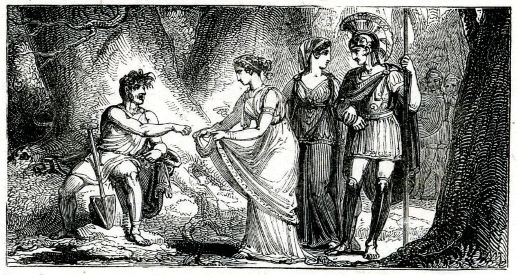
Flannery O’Connor: Grace, Responsibility and Liberty
–
This Virtual Reading Group addresses the work of Flannery O’Connor and her view of the opportunities and responsibility that individuals have to respond to the natural and divine grace that leads to self-knowledge and in turn…
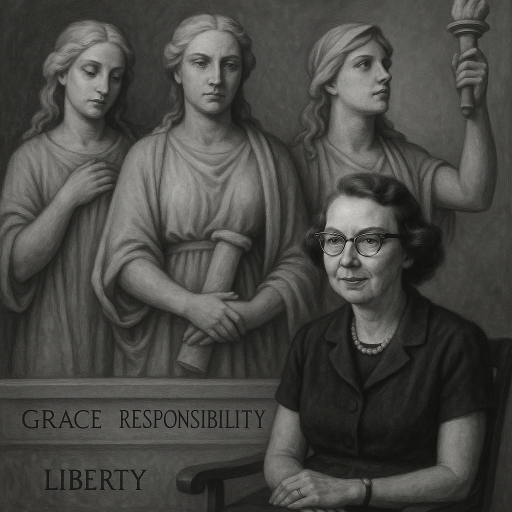
Liberty and Tech: Can you really Converse with a Machine?
–
This VRG has four short readings about how chatbots are changing our lives. Questions include what it means to have a relationship with a machine. Additionally, we will discuss how interactions with chatbots are spilling over…
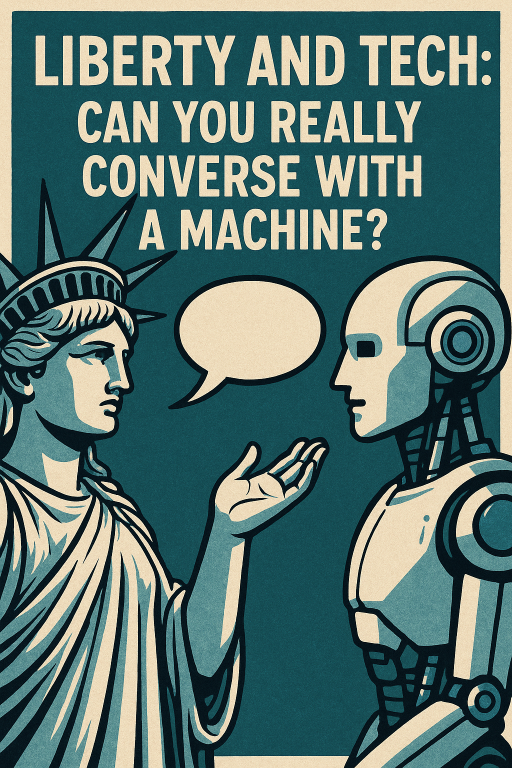
One Fell Swoop: Reading All of Shakespeare Plays: King John
–
The contest for the crown at the center of King John is a bloody and violent one, with a surprising hero in the figure of the illegitimate Richard Plantagenet. George Orwell loved the play, but what will we make of its tangled…
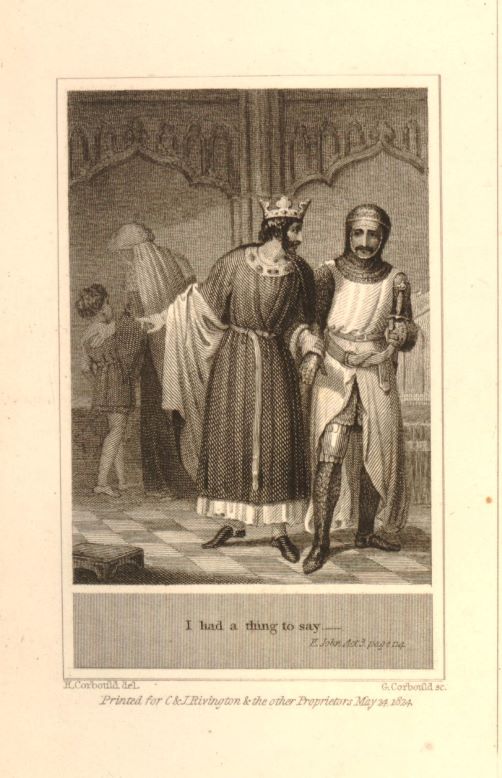
Liberty and the American Statesman: John Adams
–
The definition of republican government from the time of the American Revolution through the first years of the nineteenth century, drew from a diverse well of ideas about law, the nature of “The People” and the substance of…
